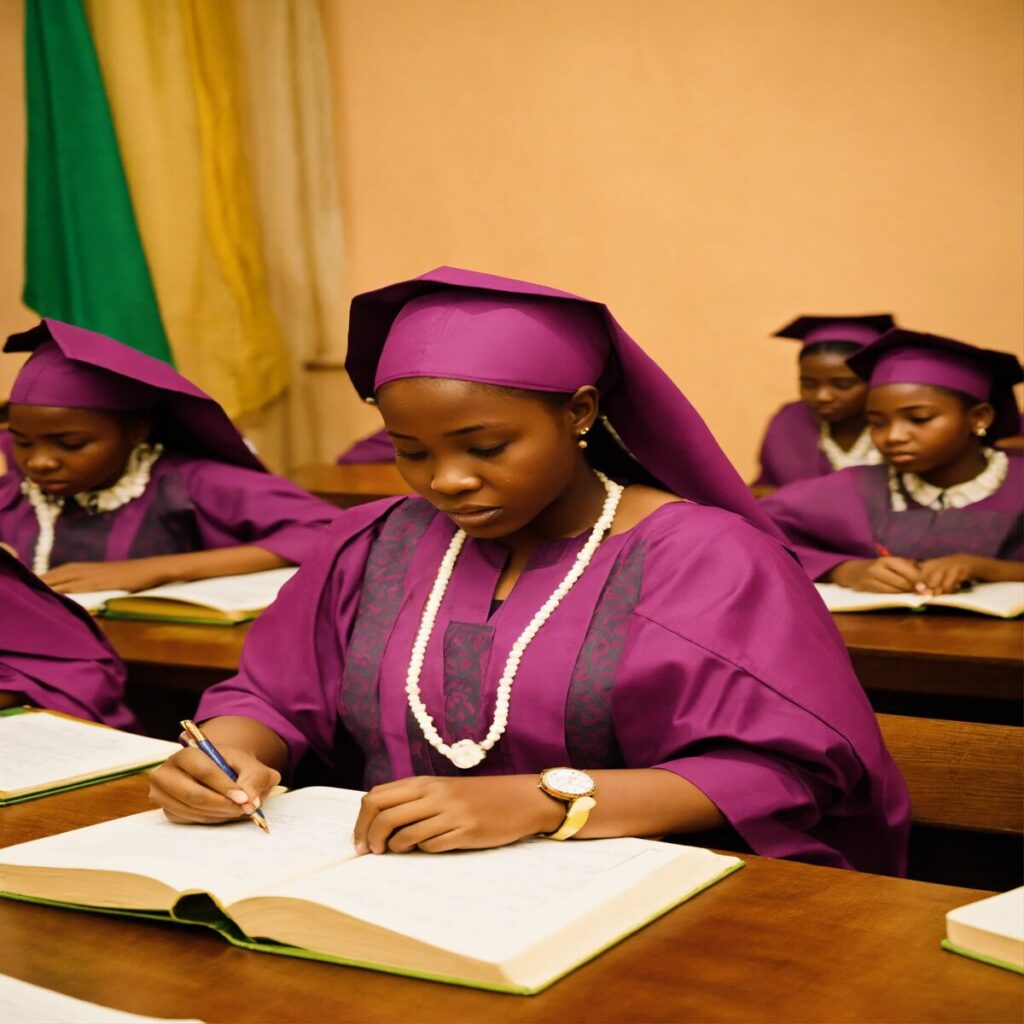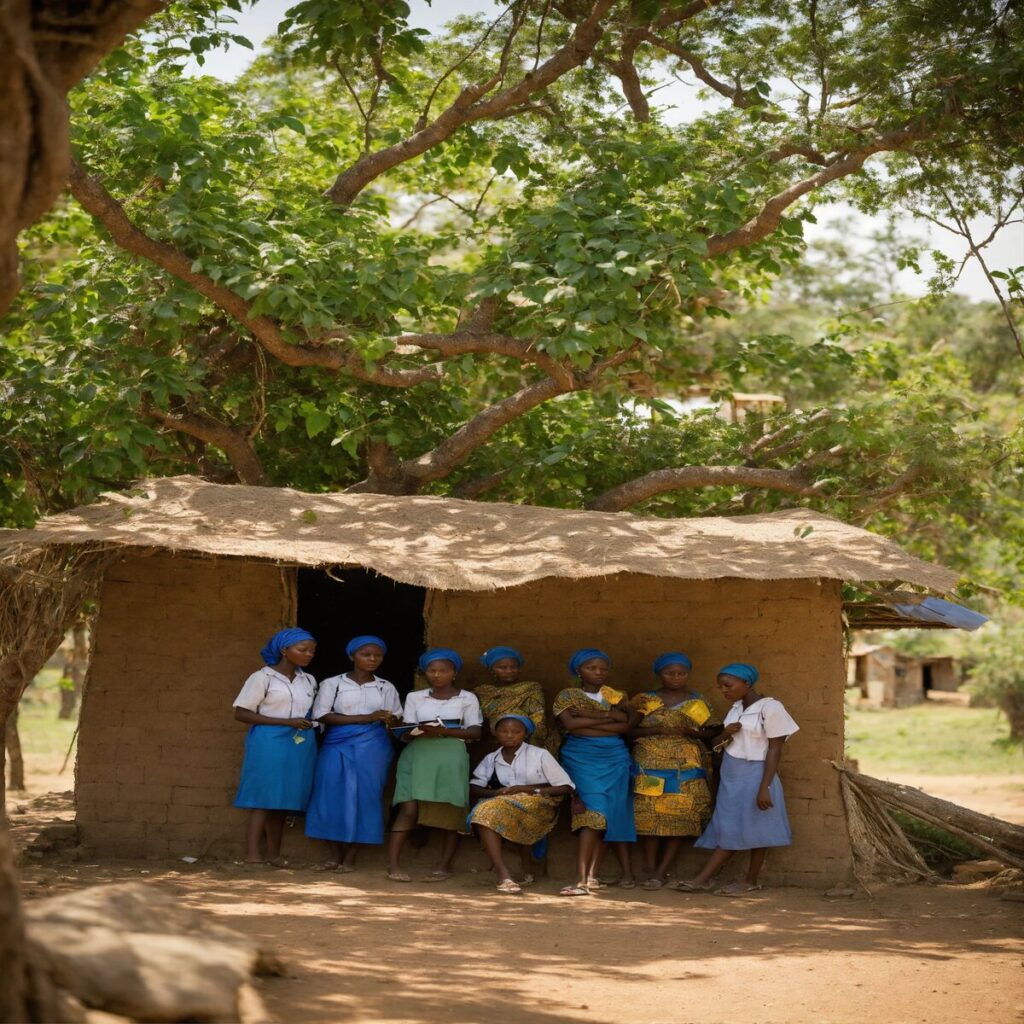Reason for Gender Disparity in Nigeria.
There are various cultural and socioeconomic issues in Nigeria that prevent women from having adequate access to education.
Among other factors that influence girls’ disparity in education, parents/Guardians account for 90 percent, religious leaders 69 percent, traditional leaders 54 percent, and community-based organisations 51 percent.
Poverty is also a prevalent factor behind the disparity, for many guardians are willing to send their wards or children to school but financial incapability becomes a restraint most times and preference will be given to the male children if the opportunity arises because of the nature of the Nigerian society.
- Culture, values and tradition
Various cultural and social values have historically contributed to gender disparity in education. According to work done by Denga, one prominent cultural view is that it is better for the woman to stay home and learn to tend to her family instead of pursuing Western education. To explain the fact that more boys than girls participated in education, Nigerian researcher Obasi identified a host of constraints with ‘Nigerian tradition’ being named at the top of the list.
The ‘Nigerian tradition’ was explained as a tradition that attaches higher value to a man than a woman, whose place is believed to be the kitchen. A study by the University of Ibadan linked the imbalance in boys’ and girls’ participation in schooling to the long-held belief in male superiority and female subordination.
This situation was further aggravated by patriarchal practices which gave girls no traditional rights to succession. Therefore, the same patriarchal practices encouraged preference to be given to the education of a boy rather than a girl.
The Nigerian society (both historical and contemporary) has been dotted with peculiar cultural practices that are potentially harmful to women’s emancipation, such as early/forced marriage, wife-inheritance and widowhood practices. As daughters self-identify as females with their mother and sisters, and sons as males with their father and brothers, gender stereotyping becomes institutionalised within the family unit. Also, the dominant narratives of religion in both colonial and post-colonial Nigerian society privileges men at the detriment of women, even in educational accessibility.
- Cost of education
The decline in economic activities since the early 1980s has made education a luxury to many Nigerians, especially those in rural areas. Because Nigerian parents are known to invest in children according to sex, birth order or natural endowments, girls and boys are not exact substitutes. Often the family can only afford to send one child to school. Because daughters have assumed responsibilities in the home, she is less likely to be the one to attend school.
- Colonial policies
At the beginning of colonialism, rigid ideals about gender perceptions were imposed on the African mind. Thereafter, the woman’s role has come to be limited to sexual and commercial labour; satisfying the sexual needs of men, working in the fields, carrying loads, tending babies and preparing food. The disempowering colonial ‘ideology of domesticity’ as espoused by the practice of ‘housewification’ provided the springboard for women’s educational imbalance in parts of Africa. As such, the overall human development in Nigeria is being hindered by this unevenness in educational accessibility across gender categories.
- Early Marriage
In most parts of Nigeria, especially in the northern areas, many young girls are given out in marriage at an early age. The girl may not be able to attain higher education due the responsibilities of bearing children and being a young mother.

